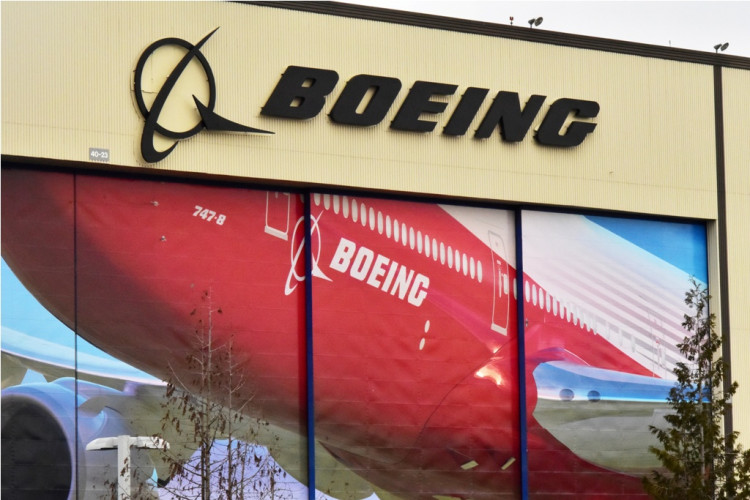Boeing has made the significant decision to remove Ed Clark from his role as the head of the 737 Max passenger jet program, a move that comes in the wake of a series of safety incidents, including a recent alarming midair blowout.
The 737 Max, Boeing's flagship model, has faced considerable challenges over the past five years, beginning with a global grounding that lasted 20 months following two catastrophic crashes that resulted in 346 fatalities. The latest incident involved a door plug on a 737 Max operated by Alaska Airlines, which detached shortly after takeoff, leaving a considerable hole in the aircraft's side.
An investigation by the National Transportation Safety Board (NTSB) revealed that the bolts intended to secure the door plug were absent when the aircraft departed from Boeing's manufacturing facility.
Boeing CEO Dave Calhoun publicly acknowledged the company's responsibility for the incident, emphasizing Boeing's accountability regardless of the NTSB's final conclusions. Clark, who had been with Boeing for 18 years and took over the Max program in March 2021, had previously served in several capacities related to the 737 Max, including roles as chief engineer and chief 737 mechanic.
In conjunction with Clark's departure, Boeing announced a series of executive changes within its Boeing Commercial Airplanes unit. Notably, the company introduced the new role of Senior Vice President for BCA Quality, appointing Elizabeth Lund to the position. Lund, who had overseen various Boeing passenger jet models, including the 737 Max, as the senior vice president and general manager of airplane programs, passes her previous responsibilities to Mike Fleming, the former senior vice president of development and customer service. Katie Ringgold, previously vice president of 737 Max deliveries, will step into Clark's role overseeing the Max program.
These changes come at a critical juncture for Boeing as it faces delays in certifying new versions of the 737 Max and increased scrutiny from airlines and regulatory bodies. The Federal Aviation Administration (FAA) recently prohibited Boeing from increasing its 737 Max production until a comprehensive review of its manufacturing processes is completed. This scrutiny was intensified by the door blowout incident on the Alaska Airlines flight, which, although not resulting in serious injuries, necessitated an emergency landing and reignited concerns over Boeing's manufacturing quality.
The CEOs of major Boeing customers, including United Airlines, Southwest, and Delta Air Lines, have expressed diminished confidence in the timely delivery of new 737 Max models, citing the recent Alaska Airlines incident as a pivotal factor in reassessing their expectations for the aircraft.
Boeing's leadership changes and public commitments to enhancing quality and safety come as the company strives to rebuild trust with its customers, regulators, and the flying public. Stan Deal, head of Boeing's commercial airplanes division, emphasized the company's dedication to exceeding quality and safety standards, asserting that customers deserve nothing less. As Boeing navigates these challenges, the industry watches closely to see how these changes will impact the future of the 737 Max program and Boeing's broader recovery efforts.





